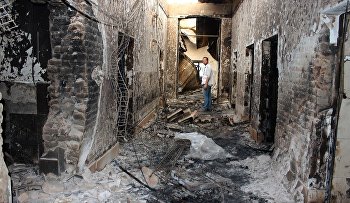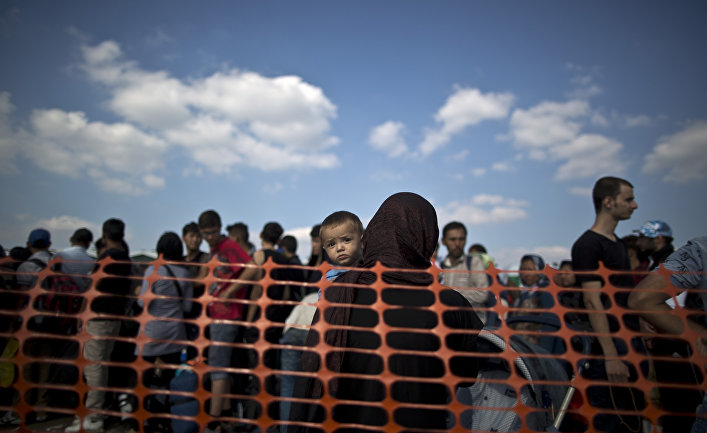Barack Obama has been in the media spotlight lately, regarding his foreign policy, creating an impression that his presidential term could end even better than it started. A nuclear deal with Iran is generating considerable debate, or a symbolic rapprochement with Cuba, undoubtedly controversial — all these steps gained the US President more empathy than criticism.
Meanwhile, Russia and Afghanistan, come up revealing the failure of the most powerful world state. Russian military involvement in the Syrian civil war caught the Americans by surprise. So far, the US's response to this was the dismantlement of the inefficient rebel training programs, opposing Bashar al-Assad, and providing them with more modern weapons. It won't be a surprise if an ISIL fighter makes a video of their use of an anti-tank missiles produced by an American company Raytheon.

And now it's Afghanistan's turn. The signs are evident. Since a technocrat Ashraf Ghani won uneasy presidential elections in 2014, the country plunged into a deep regression. A confederation of fragmented warlords of different tribes struggling for power appears to be its natural state. In order to ease the situation, a number of measures were introduced: for example, one of the most ruthless tribal leaders, an ethnic Uzbek Abdul Rashid Dostum, has become the Vice President. Being truly cruel, he represents 10% of the country's population.
In fact, this biggest symbolic defeat in Afghanistan during the whole post-American period forced Obama to keep his troops there until the expiry of his term. At the end of September, Taliban expanded their victory list, capturing of Helmand district in the south, adding to it an important regional center Kunduz. The occupation lasted for several days followed by the US airstrikes, which bombed a hospital run by Doctors Without Borders. But this attack proved that after many years of separation, disruption, and death of its leader, the Taliban is ready to declare itself as a political player through military means.
14 years after the US invasion, the Taliban are back in control of large parts of Afghanistan http://t.co/2vbGobVeW3 pic.twitter.com/8oCkfKMpDw
— The New York Times (@nytimes) October 16, 2015
We have already witnessed the price of refusal of the military place of arms after September 11 in Iraq, a country whose government is ready to turn to Russia with a request to fight ISIL, just four years after the withdrawal of the bulk of US's troops. For those who appreciate historical parallels, an important reminder is that the Taliban exists only because the US left the partisans to their fate who had helped drive out the Soviet troops from Afghanistan in 1989. The vacuum produced by the US, has triggered a civil war and activity of militant groups associated with the predominant Pashtun areas, encouraged by neighboring Pakistan.
With the coming of presidential elections next year, Barack Obama seems to be playing (at least in Afghanistan) the same card as his predecessor George W. Bush — bequeathing this problem to the next occupant of the White House. This is hardly to the liking of potential Democratic candidates.






